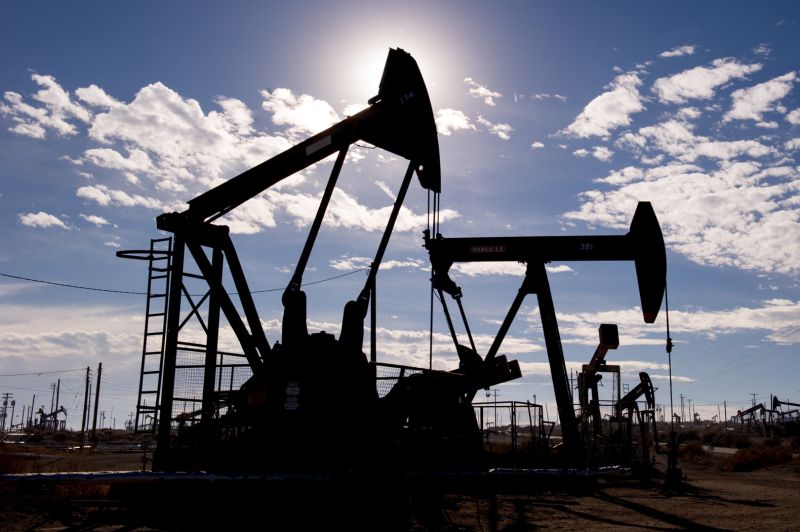Fracking Can Contaminate Drinking Water, Says EPA
Published on by Robert Brears, Founder of Our Future Water, Young Water Leaders, Mitidaption & Author (Springer Nature, Wiley) in Technology
Hydraulic fracturing to release natural gas and oil can have a negative impact on the quality and availability of drinking water in the United States, the U.S. Environmental Protection Agency said.
 The conclusion actually contradicts a 2015 report from the agency, which had concluded there was "no evidence that fracking systemically contaminates water."
The conclusion actually contradicts a 2015 report from the agency, which had concluded there was "no evidence that fracking systemically contaminates water."
The EPA's final report reversed course, and deleted that sentence.
"This assessment is the most complete compilation to date of national scientific data on the relationship of drinking water resources and hydraulic fracturing," said Thomas Burke, the Environmental Protection Agency's science adviser.
The final EPA report "provides scientific evidence that hydraulic fracturing activities can impact drinking water resources in the United States under some circumstances," and is based on a review of over 1,200 cited scientific sources.
Hydraulic fracturing, or fracking, involves pumping large quantities of water and chemicals at high pressure deep into the Earth to fracture rock to stimulate the flow of natural gas or oil.
The EPA report on the shale-oil extraction method was issued at the request of Congress.
The agency's earlier 2015 assessment had found no evidence that fracking could systematically harm water supplies.
It also "identified certain conditions under which impacts from hydraulic fracturing activities can be more frequent or severe," including fracking in areas where water availability is low, and disposing of wastewater in unlined pits.
The latest report did not document specific instances of drinking water impacts. Nor did it estimate how common fracking pollution of drinking water might be.
"The value of high-quality science has never been more important in helping to guide decisions around our nation's fragile water resources," said Burke.
"EPA's assessment provides the scientific foundation for local decision makers, industry, and communities that are looking to protect public health and drinking water resources and make more informed decisions about hydraulic fracturing activities."
Read and download full report here
Source: Seeker
Media
Taxonomy
- Groundwater
- Energy
- Water-Energy Nexus
- Fracking
- Water Quality Management
- Water Quality Monitoring
3 Comments
-
Everyone can agree that, similar to any industrial process that uses chemicals and water, there is potential for something to go wrong. It should be noted, however, that hydraulic fracturing has been used in oil and gas exploration since the 1940's with a couple of million wells having been fracked, and to date there have been zero cases of groundwater contamination linked to hydraulic fracturing. Each state has rather stringent regulations dealing with this and by and large the states regulatory agencies do a good job of overseeing all aspects of oil and gas exploration and development including hydraulic fracturing. I know there are many who will not agree, but i believe it is important we consider the facts.
-
Where did you (author) get the following quote under the photo? ( The conclusion actually contradicts a 2015 report from the agency, which had concluded there was "no evidence that fracking systemically contaminates water." ) They actually said that they did not find many examples and that contamination was not pervasive---which is correct.
-
Duh! Of course fracking can contaminate drinking water, if it isn't properly managed? Isn't that why they spent 5 or 6 years and many millions of dollars to do the study. The point is that after all of that effort they did not find many contamination examples. Fracking has been used in some form since the 1940's. The regulatory system works. So what is all of the fuss about? EPA could not politically take credit for its own (and states) regulatory programs under the 1974 Underground Injection Control programs. Isn't politics wonderful when it messes with science and fact?